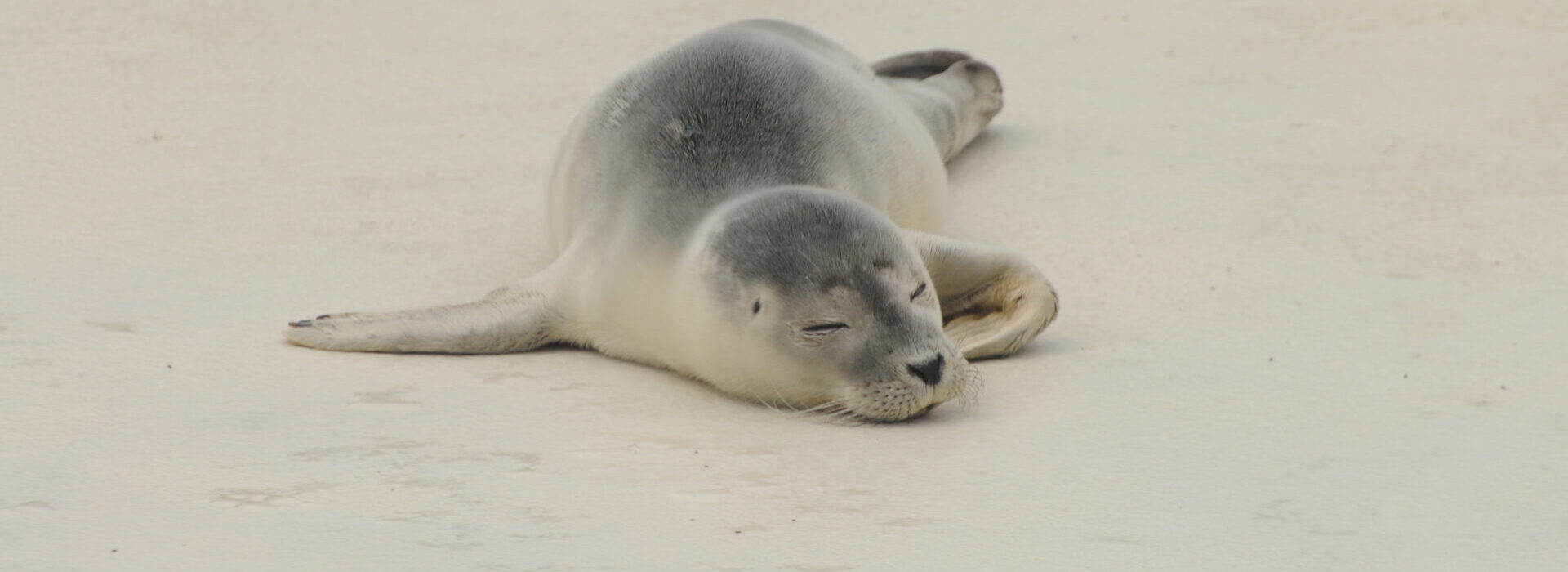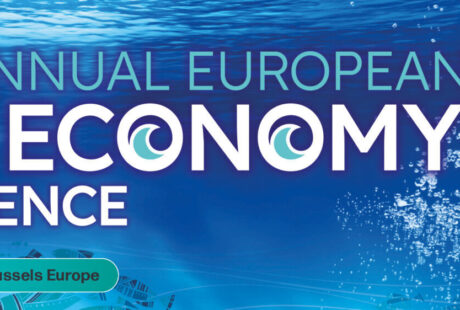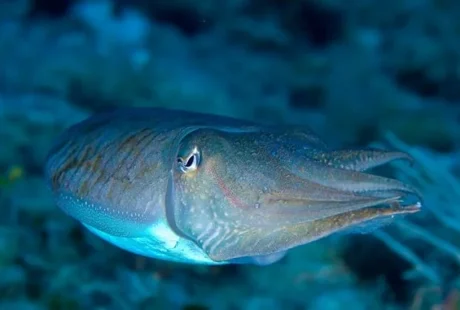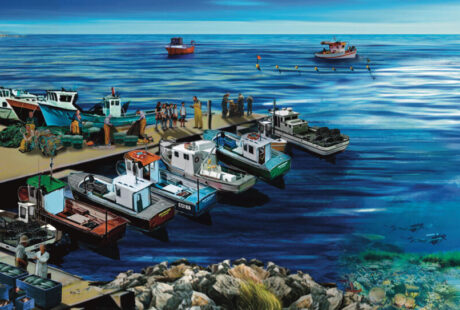As a major player in global fisheries, the EU must drastically reduce bycatch of sensitive marine species. Addressing bycatch for these long-lived, slow-growing animals that recover poorly from population declines is a multifaceted challenge, which can vary enormously depending on the type of species, the type of fishing equipment used, and even the season.
For instance, acoustic deterrent devices – pingers – prove to be effective to repel harbor porpoises from areas being fished, but may actually attract seals. This variability highlights the need for tailored, context-specific solutions.
To address this complexity, Seas At Risk and its members Ecologistas en Accion, Sciaena and BUND, have published a practical guide, equipping policy-makers with tools to tackle bycatch effectively, balancing ecological protection with the realities of fisheries. Some of the key takeaways for designing fair, science-backed solutions include:
- Gear transition: Certain fishing equipment – or gears – are more prone to bycatch. Switching to less harmful alternatives is effective, but requires training, economic support, and viability assessments, particularly for fishers reliant on a single gear type.
- Rewarding low-bycatch practices: At the national level, fishing opportunities should be preferentially allocated to vessels that take active measures to avoid bycatch.
- Making targeted closures work: Closure of certain marine areas – known as spatial closures – proved effective to protect vulnerable species from bycatch. However, they risk merely shifting fishing efforts to other areas causing the same damage elsewhere. To have real impact, it is important to combine closures with general fishing effort reduction and the use of low-bycatch gear.
- Making bycatch mitigation measures affordable for fishers: Bycatch reduction measures often impose heavy costs, especially on small-scale fishers with tight budgets. Gear modifications, training, or lost fishing days can strain limited resources, making it less likely for fishers to feel able to get behind critical measures to end bycatch. Protecting marine life should not come at the expense of fishing communities. Success hinges on making sustainability affordable, including subsidies for safer equipment and conditional compensation for income gaps.
The guide also highlights the gaps in current regulations. For some populations, such as sharks, existing rules have proven insufficient, contributing to their dramatic decline over recent decades. Urgent protective measures are needed to prevent further biodiversity loss.
The challenge of addressing bycatch of sensitive species is not just technical, it is also political. Despite the growing urgency of the issue, political attention has decreased under the new European Commission and Parliament mandate. Bycatch of sensitive species has disappeared from the agenda, even as the problem worsens. This alarming disconnect between policy and reality demands immediate action.
The EU Commissioner for Fisheries and Oceans, Costas Kadis, must reassert leadership and ensure robust implementation of EU conservation laws. The Common Fisheries Policy and Technical Measures Regulation offer untapped potential to incentivise and enforce solutions to drastically reduce bycatch. Time is running out – these tools must be mobilised now to safeguard marine ecosystems and the livelihoods that depend on them. At present, there is scope for funding these measures from the European Maritime, Fisheries and Aquaculture Fund (EMFAF) and from Member States. However, in its next multi-annual budget, the European Commission is proposing a cut to these crucial funds. Eliminating or weakening this instrument would deprive fishers and coastal communities of the means needed to drive a just transition. It is therefore essential not only to use the EMFAF more effectively now, but also to secure dedicated funding in the next budget for sustainable fisheries and ocean regeneration.
Publication: Bycatch guide – Understanding and addressing bycatch of sensitive species in EU fisheries
Press release: NGOs launch guide to successfully address bycatch of sensitive species in the EU and call for bolder action
Posted on: 7 October 2025



